0 Comments
"I've been surprised by a lot of things since becoming a mom," she whispered behind a cupped hand, "but I never, ever expected how much I would talk about poop."
Maybe it’s just me, but a romantic storyline that has its origins in guilt doesn’t really seem sexy to me. Or hopeful, or joyous. But that’s where I’d/we’d be wrong. Because Kate Clayborn’s Luck of the Draw deals with the unpleasant side of being human and imperfect—the mistakes that are made and the guilt and pain that result—but her story lives in the beautiful, redemptive side of that same humanity.
Luck of the Draw is a series sequel to Beginner’s Luck, a wonderful novel featured on my “100 Books” list for one day (now to be replaced by Luck of the Draw). The series begins with the plot-point that three best friends have won the lottery. Zoe Ferris, the main character of our book, says that she wanted to chase “adventure” after taking her winnings, but that’s not quite right. Instead of booking the trips she thought she’d be taking, she makes a Guilt Jar, and in it she puts the names of people who have suffered as a result of her actions—her brusqueness and irritability, her drive to put in the most hours at the law firm where she used to work. She draws a slip from the jar, and on it is the O’Leary family, a family that took a settlement from a pharmaceutical company she represented. Aiden O’Leary is swimming in loss, and Zoe Ferris is the last person he wants to see in his driveway. But when she asks him if there’s anything she can do to atone for what she did to his family, he says she can pretend to be his fiancée. This isn’t a lighthearted pretend romance romp, as I’m sure you can guess from what I’ve said so far. Because the Luck of the Draw meets us where we are at. Fully human. Capable of hurting people. Capable of forgiving and being better. Of loving. And being really freaking funny. I loved this book so much. 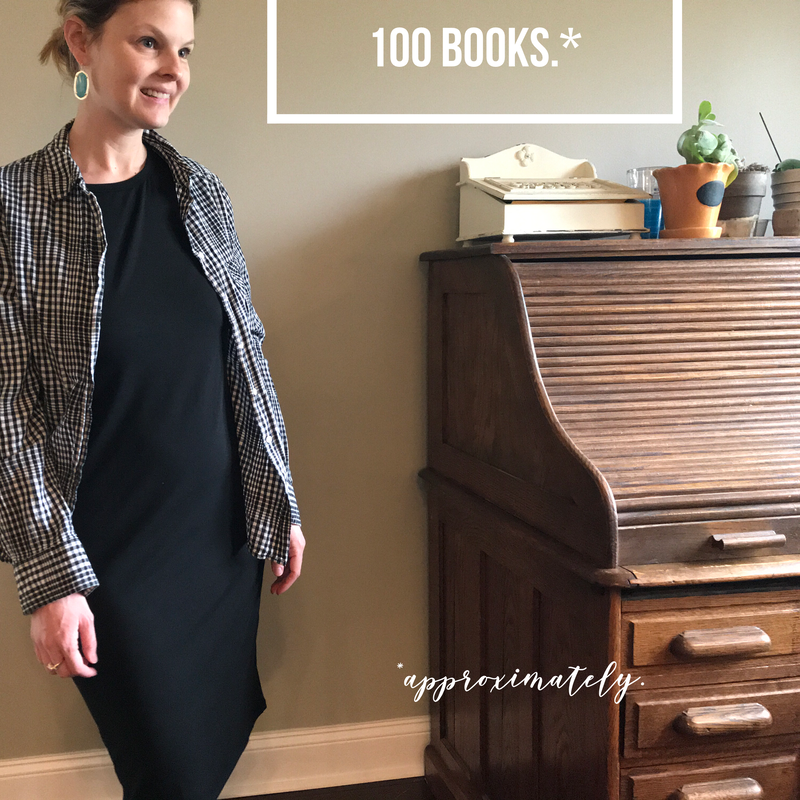 There comes a time in a bookworm's life when said bookworm has to talk favorites. Maybe you're at a dinner party (jkjkjk--you don't go to parties). Maybe you're at an obligatory work function. Or maybe someone interrupts you while you're reading on a subway (or folding clothes). They ask, what's your favorite book?, and the panic is rising because you don't have one favorite book, you have a million, and you want that person to read them all and then come talk to you about them, because you have so much to say. That's why I made this list called "100 books." Which ones do you agree with? Which ones do you vehemently disagree with? It's all part of the fun. I tend to avoid confrontation but this is a hill (approximately 100 hills) I'm willing to die on. xoxo. Never was she more assured of how different they were than when he--who had grown up on a dairy farm--described her much-adored goldenrod sweater as "calf-shit yellow."
When I was growing up, my great-grandmother Nan (born Lora Dena) was very nice to me and my siblings, and very mean to some other people in my family. She was old when I was born, with a cap of white hair and a heavily wrinkled face, and she favored cardigans in sober colors, button-down shirts, and black orthopedic shoes. Her querulous voice was a constant backdrop in my grandparents’s house; it’s no exaggeration to say that she spent a great deal of time complaining and demanding, and my grandmother worked hard to make her happy.
Of course I recognize that she had a long life, that she was elderly, and those facts presented their own difficulties and challenges. But by most accounts, she had been this way--even worse, they said--for as long as people had known her. It would have been easy to dismiss Nan as a mean person—to a lot of people at least. But that would be too simplistic. Because she could be loving, to some of us. She could be protective. She could be proud of our achievements. And then there were other things that indicated a richer, more complex nature, like how she wrote poetry, which she sometimes shared with me and my sister and which we found in her room after her death. There were also the bits and pieces of her history, which I learned, not from her, but from my grandmother and genealogical research I’d done. Nan had lost multiple children, in one tragedy after another. Her husband had left her. So much loss. Sadness. Beauty. And yet, meanness too. It was all there. Leah Weiss’s If the Creek Don’t Rise reminded me of our brilliant, perplexing human nature. That good and bad can exist within the same person, and a decision can be both good and bad as well. How your life doesn’t look the same from your perspective as it does from mine. How family pain can be passed down—a lesson I learned well from studying my own extended family—but it’s possible for a person to refuse to carry it into the next generation. (Thank you, Dad.) It’s difficult for me to reduce this book to a plot, because its richness lies in its characterization and language. Told from multiple perspectives, If the Creek Don’t Rise is set in 1970 Baines Creek, North Carolina, a largely isolated Appalachian community where the arrival of an outside teacher, a jasper, is a big deal. The book opens with Sadie Blue’s perspective as she’s being abused by her newlywed husband, Roy. In subsequent chapters, we get perspectives from her grandmother, a godmother-like figure, her preacher, her teacher, other neighbors, and eventually her husband. Weiss’s book is compassionate. By the time that I got to some character’s chapters, I already disdained, if not actively disliked them, based on other people’s stories. And yet I always found that there was something to learn about those disliked people. Some secret that didn’t excuse what they had done, not by a long shot, but that showed that they had their own pains they’d been shuffling along. Those moments were revelatory, particularly after I reflected that their secrets were revealed only to the reader; the people they were interacting with in the story--the people they were hurting--would likely never know. There’s so much that I could say about this incredible book. That it’s beautifully written. Lee Smith-esque. A valuable contribution to contemporary Appalachian literature, particularly in its portrayal of womanhood. A meditation on what it means to be human. So I think I’ll just close by saying that If the Creek Don’t Rise reminded me to be kinder and more empathetic, and that my judgement of a person (for good or for bad) will forever fail at seeing and acknowledging the entirety of a person. We all have whole worlds inside of us. I loved this book. **I received an ARC of this book through Netgalley, but all opinions provided are my own.
Mira Lyn Kelly has become a contemporary romance author whom I can dependably turn to for all the heart eyes, and her latest release, Dirty Bad Boy, delivered in a big way. If you’re a fan of fake romance / enemies-to-lovers / sibling’s best friend tropes, this book is for you. And if you’re not, in the words of Countess Luann, “Don’t be all, like, uncool”—give this sizzling book a shot.
Laurel Matthews and Jack Hastings are ancient enemies. Since Laurel was six, to be precise. But that enmity is temporarily put on hold when Laurel’s co-worker, the boss’s son, hits on her and she finds herself in immediate need of a fake boyfriend. She doesn’t want to risk losing out on a promotion that she’s been eyeing. To her great dismay/annoyance/etc., Jack is the only person available for the ruse. Laurel only needed Jack to pretend for one night. But Jack realizes he has his own need for a fake girlfriend; he needs to end the match-making attempts of the businesswoman whose business he’s trying to court. He fake proposes. She accepts. But they don’t care about each other, right? Right?????????? Make no mistake about it: Laurel and Jack are pros at the insult game. Each knows the other’s weaknesses and they play on them with great skill. More than that, Laurel remains hurt over something that happened in their past. Mira Lyn Kelly adeptly reveals their backstory piece by piece, so that I knew what baggage each character was carrying and what their vulnerabilities were, and so I recognized the subtle ways that their relationship evolved throughout this story. The enemies-to-lovers part of their romance is really well done, but so are the sweet moments. Like Jack always playing with Laurel’s hair. *still sighing over that.* It’s that mixture of steamy and sweet in Dirty Bad Boy that really captivated. Fireworks are great and this book is plentyyyyy hot; but it was the moments when the characters showed they felt safe being themselves with one another that really got me. Dirty Bad Boy gave me all the good feelings. I already can’t wait to re-read it. **I received a free copy of this book from the author but all opinions provided are my own. |
About me.Give me that HEA, please.
Join my mailing list.Want to receive a weekly email with links to my latest blog posts? Sign up below!
Archives
April 2024
Categories
All
|
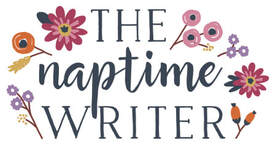

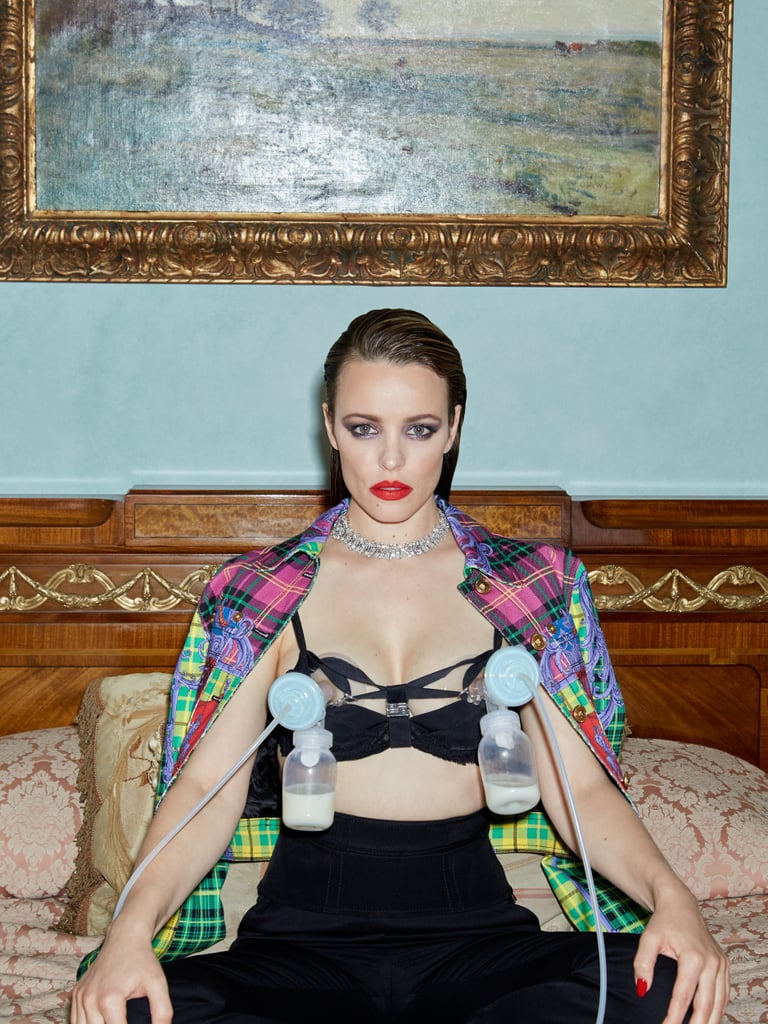
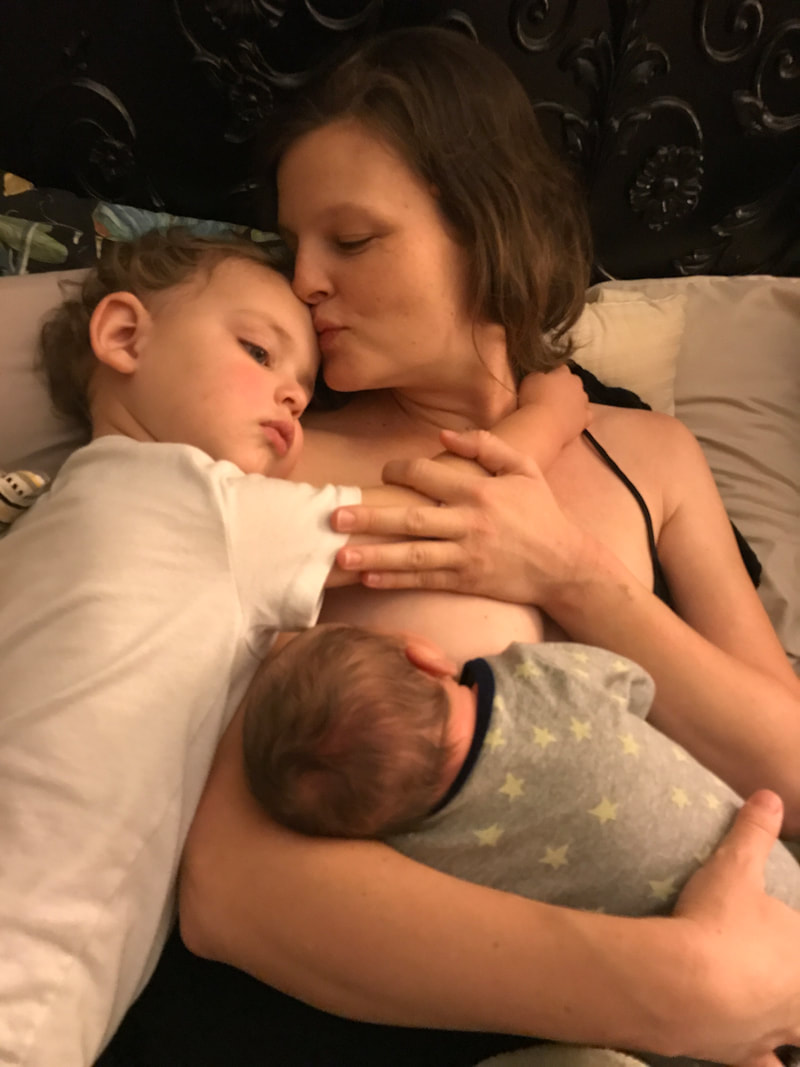
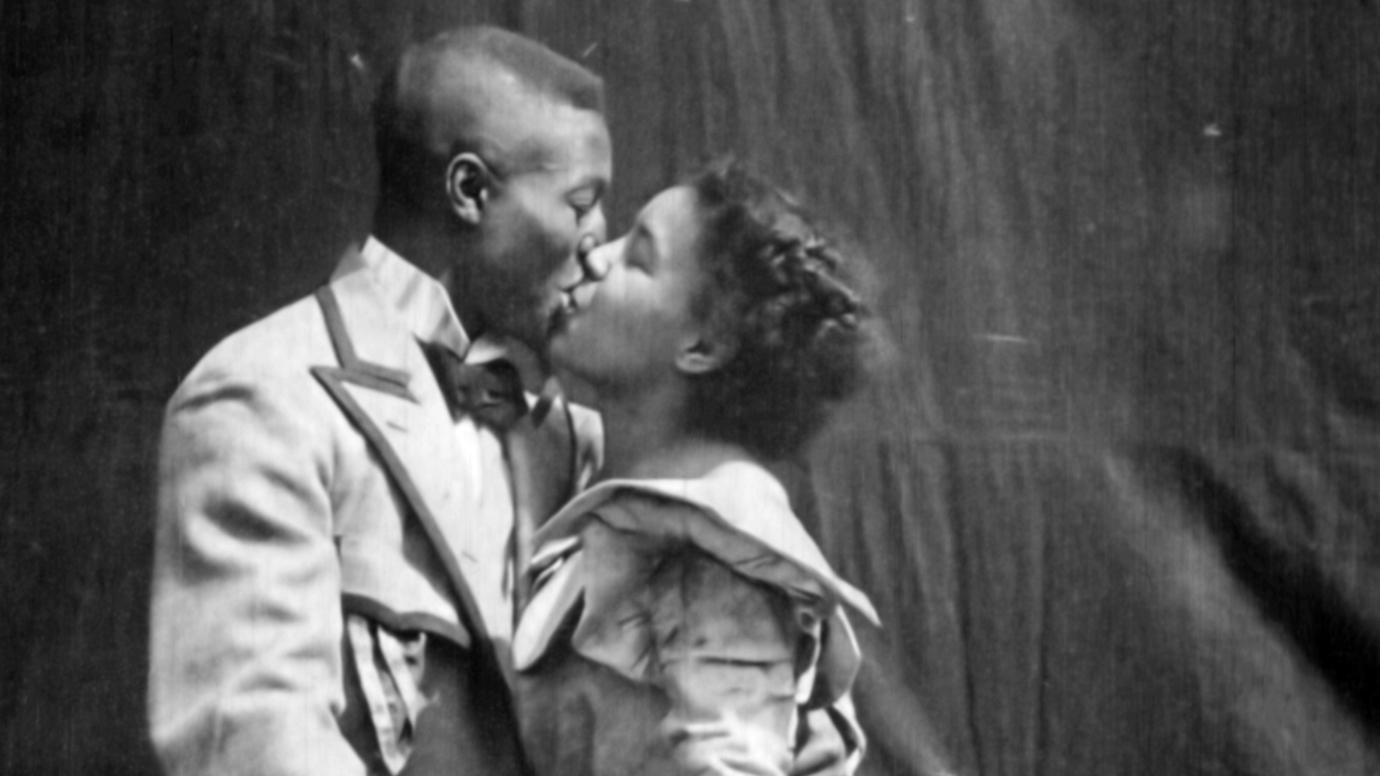


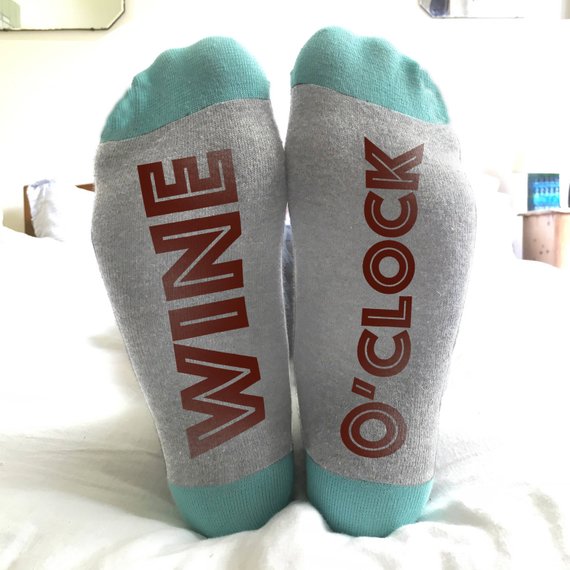
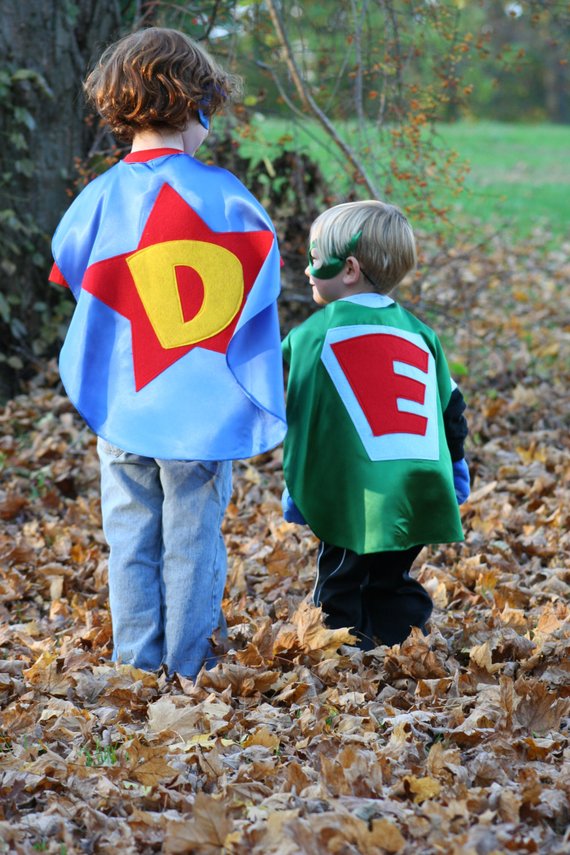

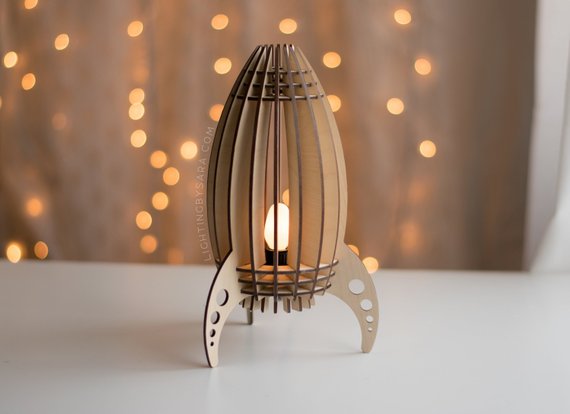
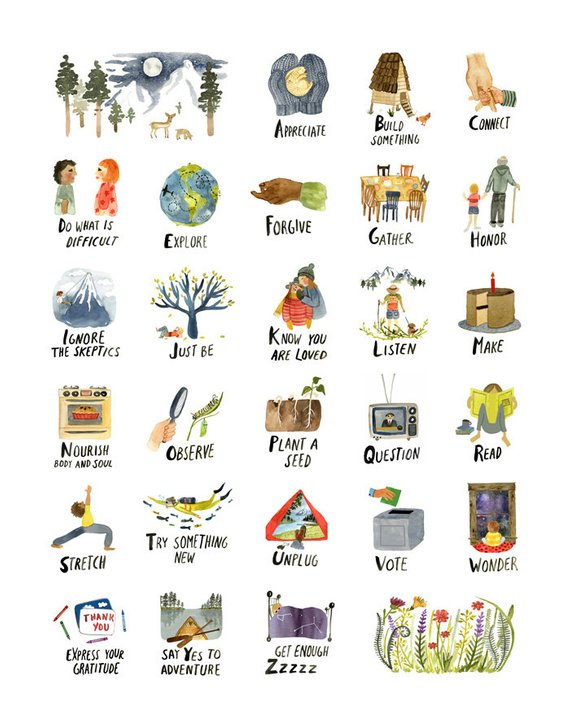
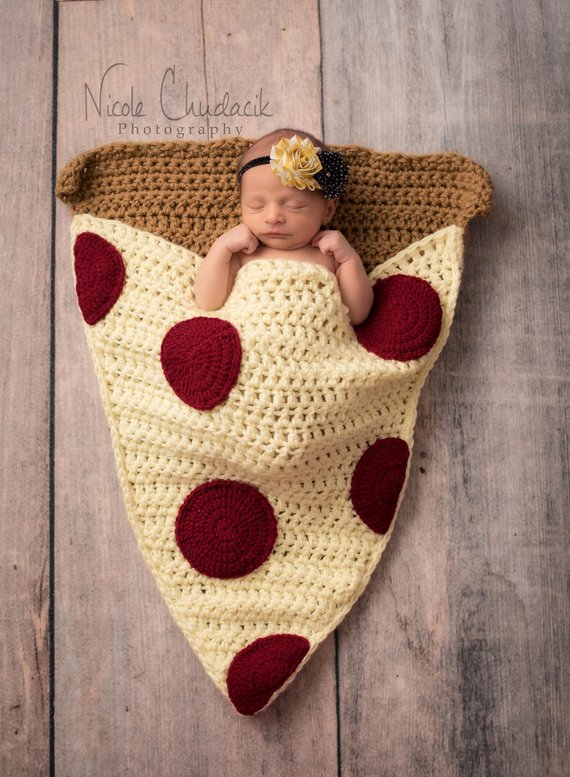

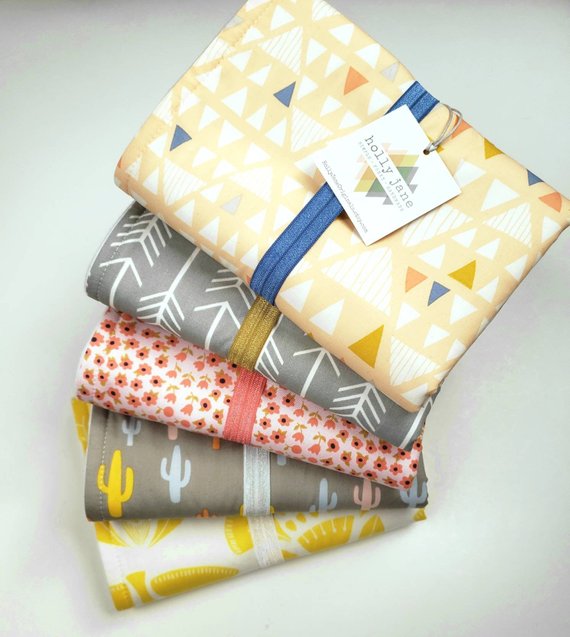
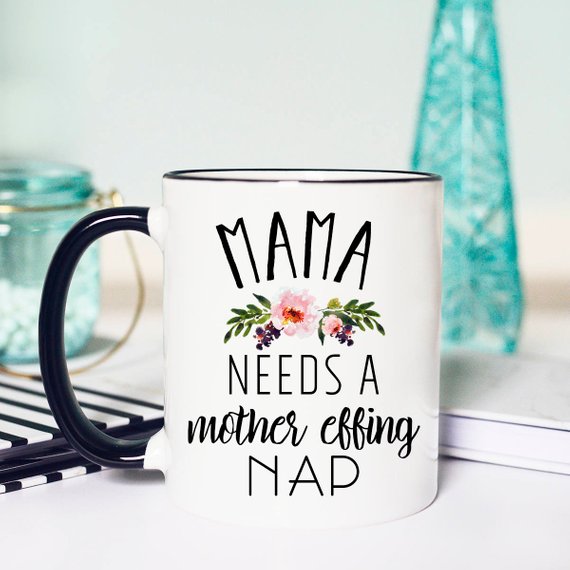
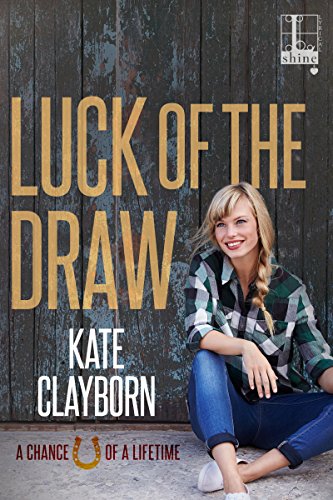
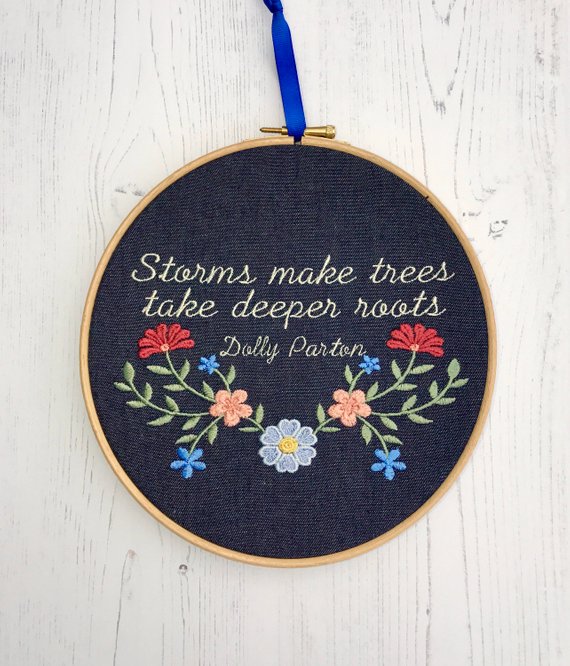

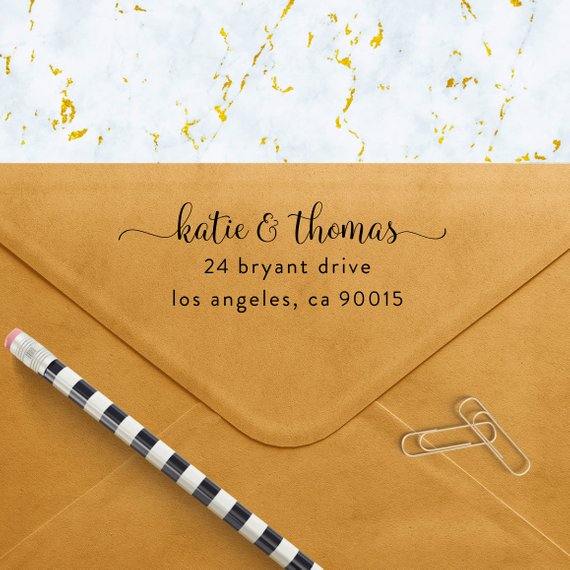
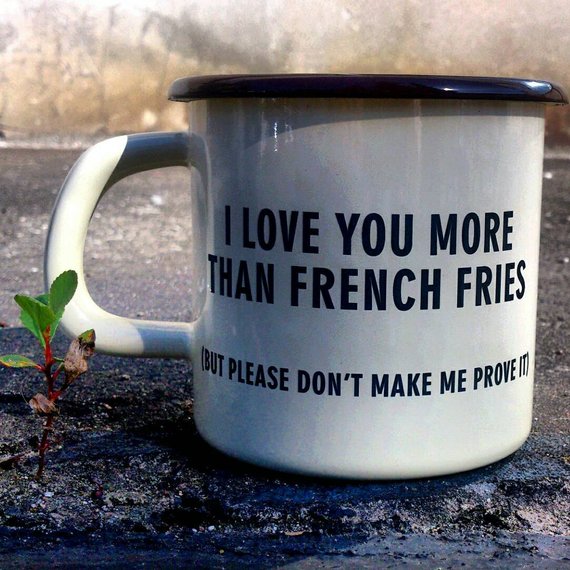
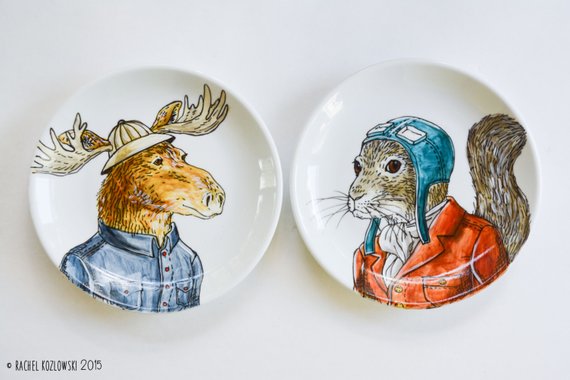
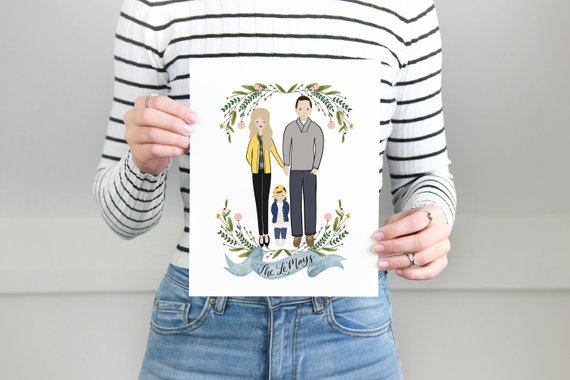

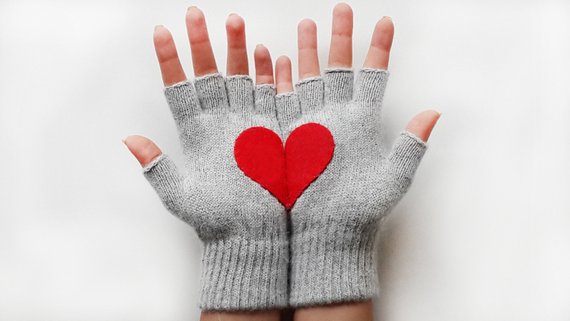
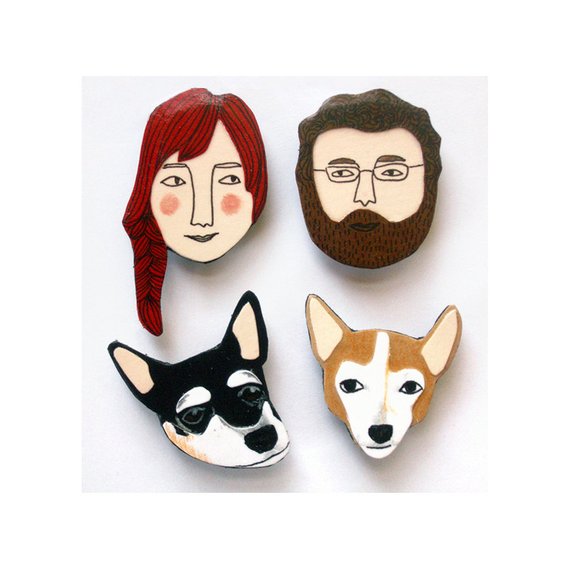
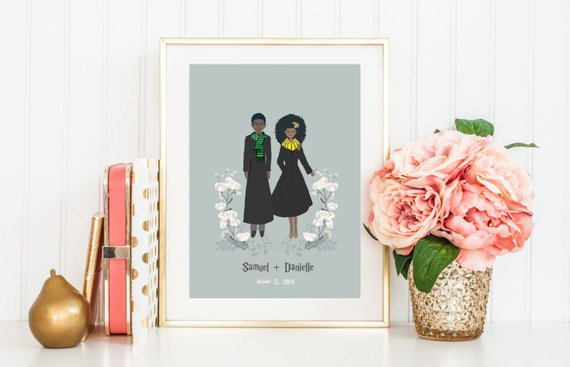
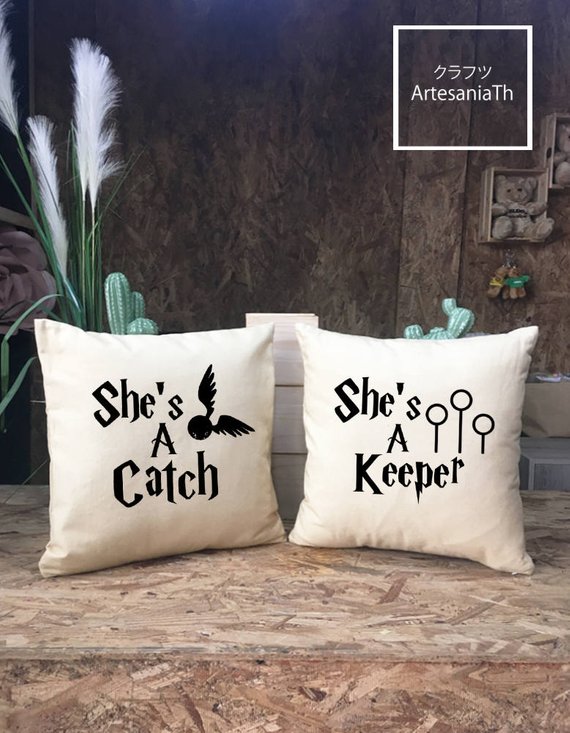

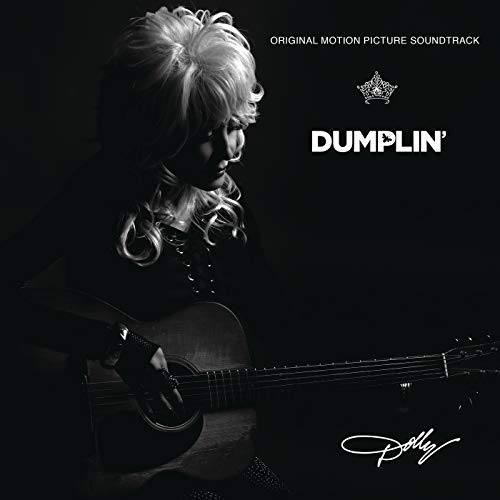

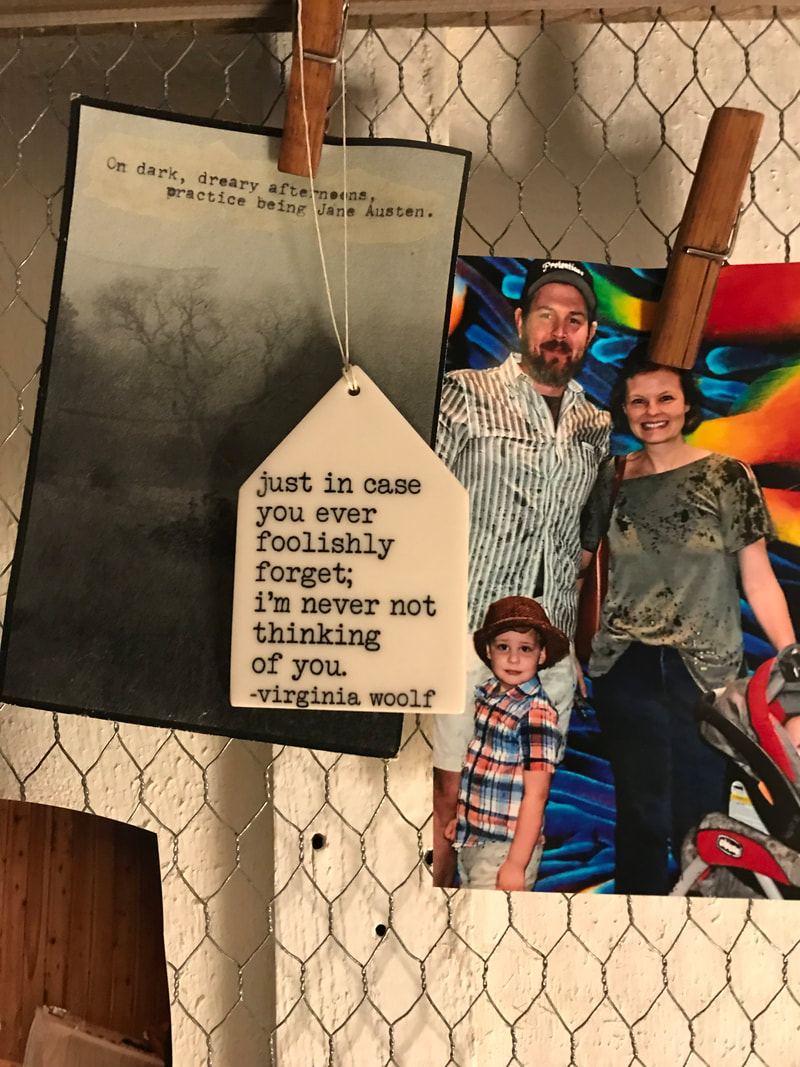
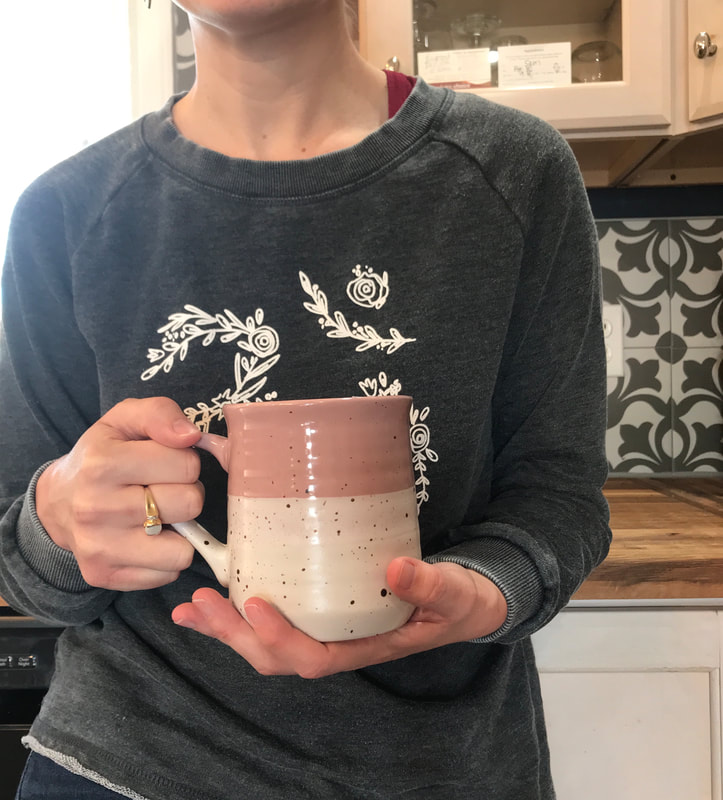
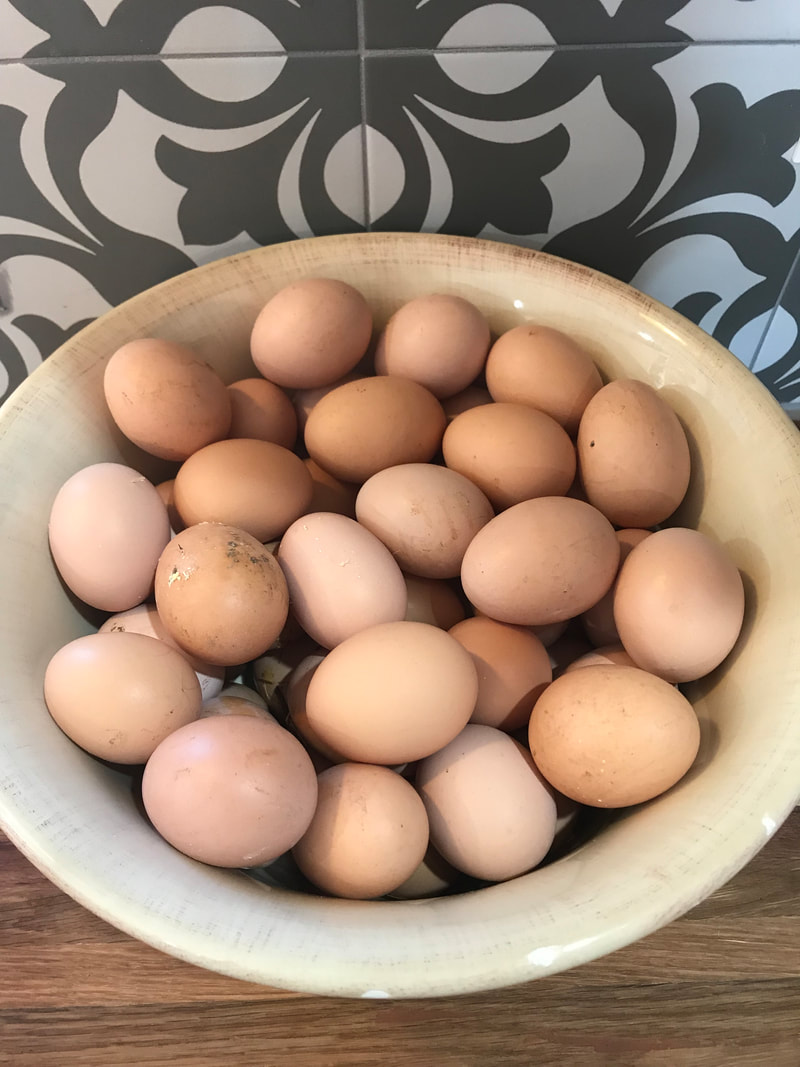
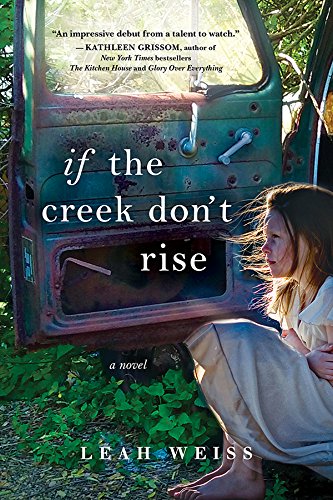
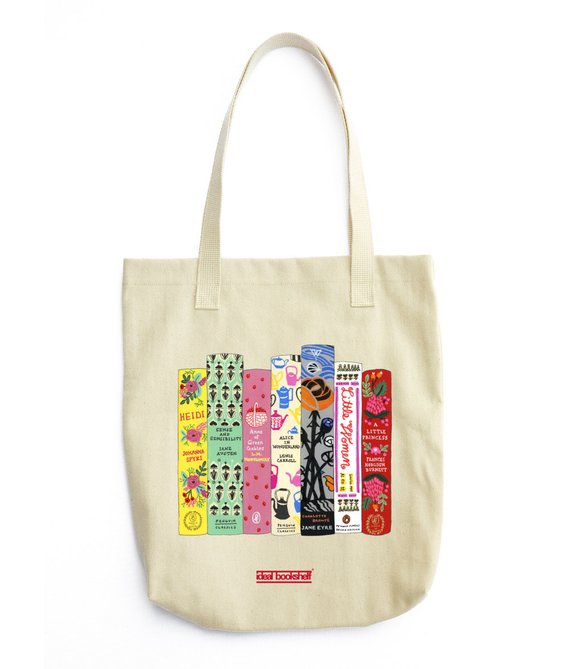
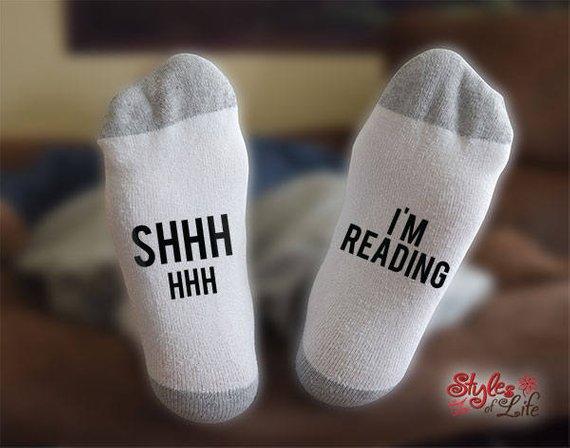
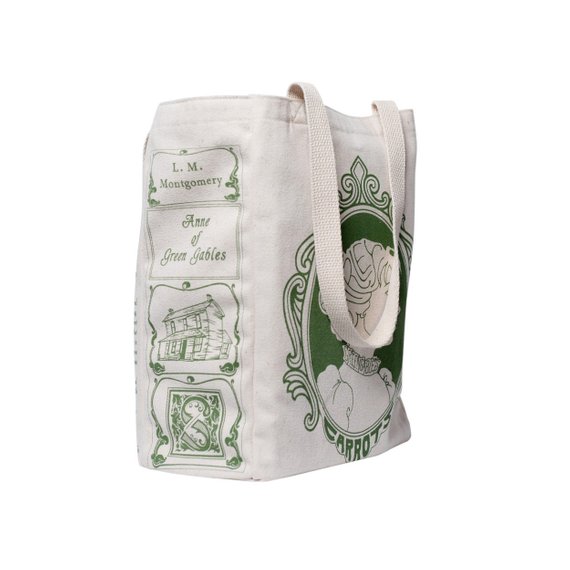
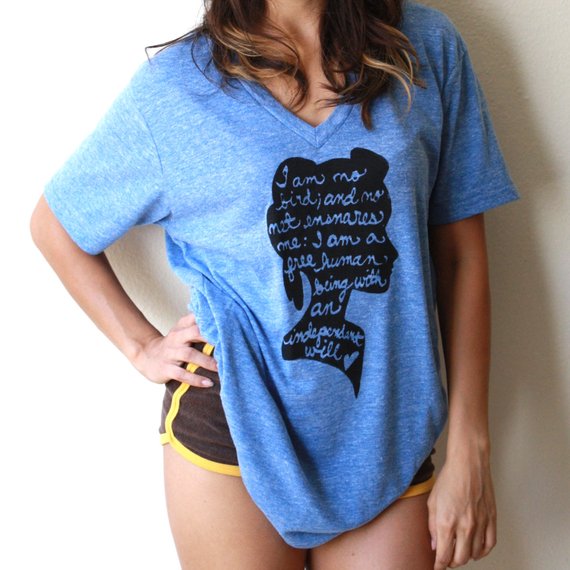
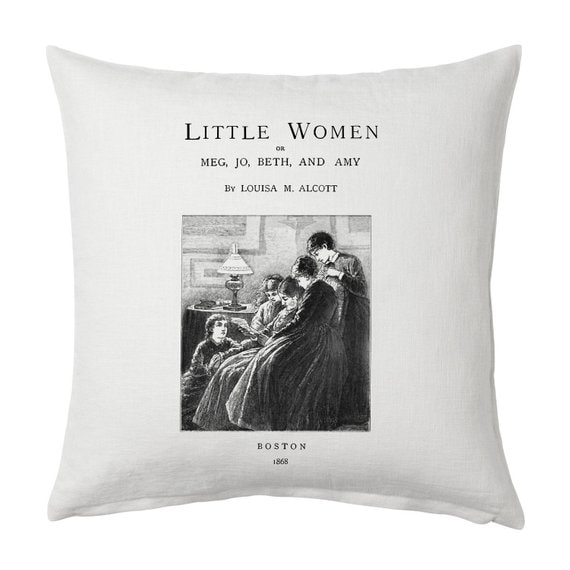
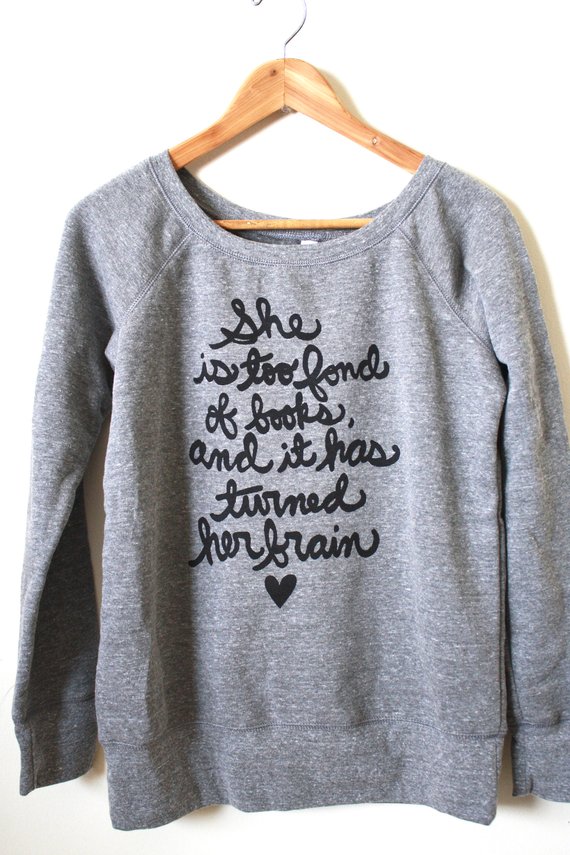
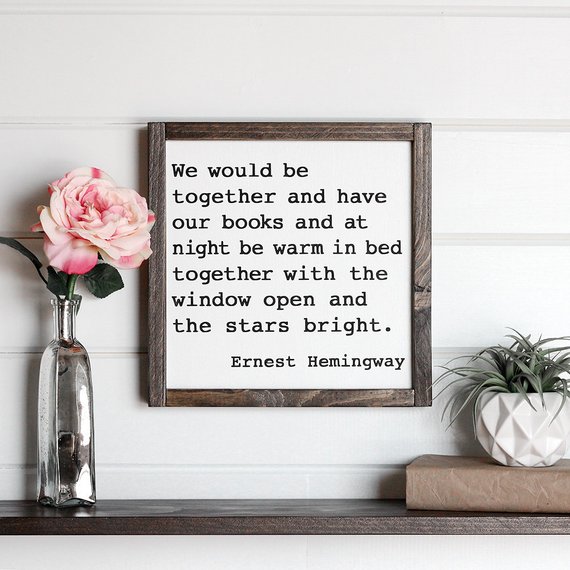
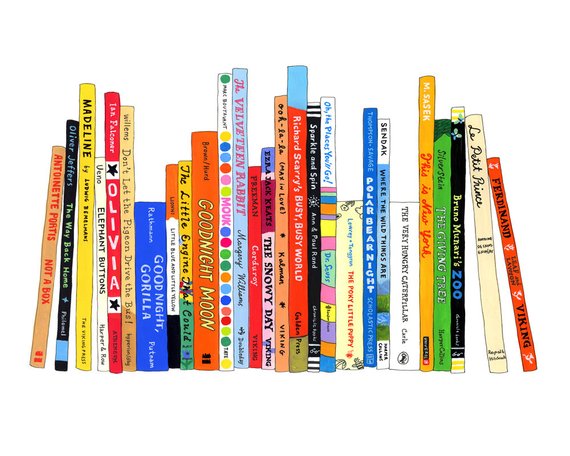
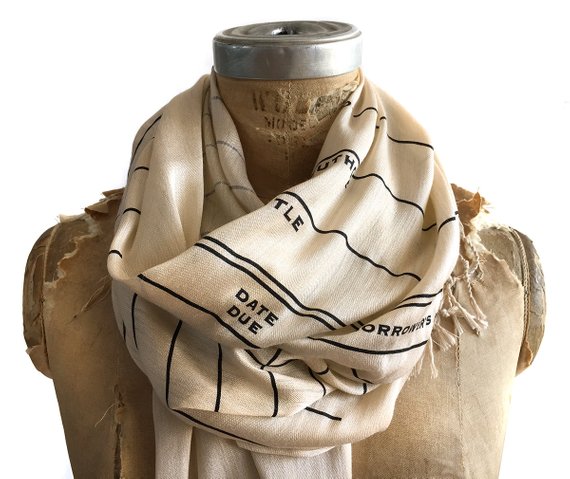
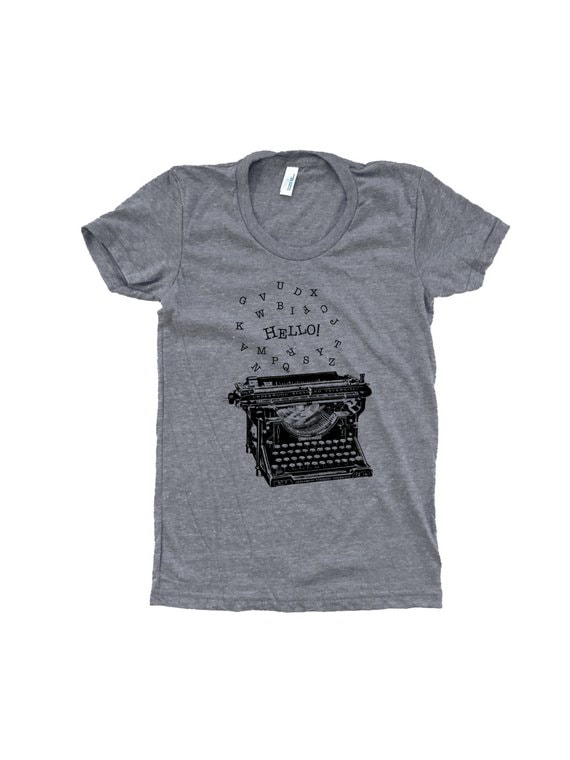
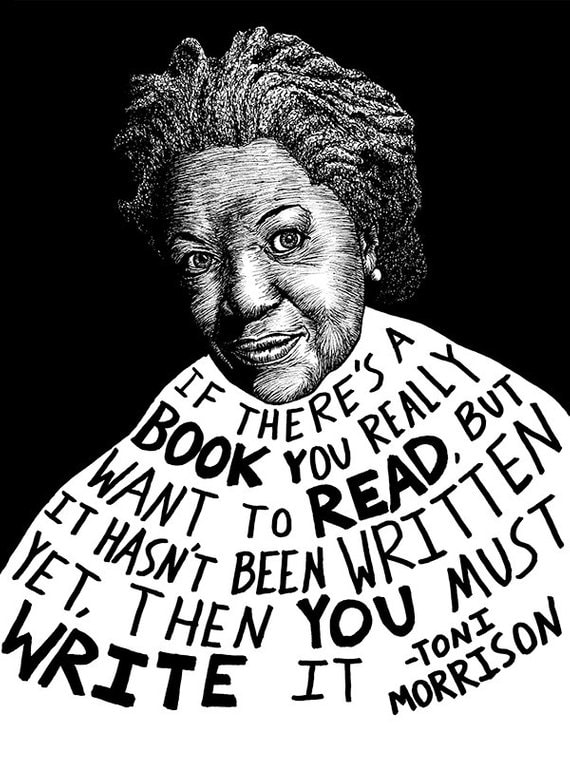
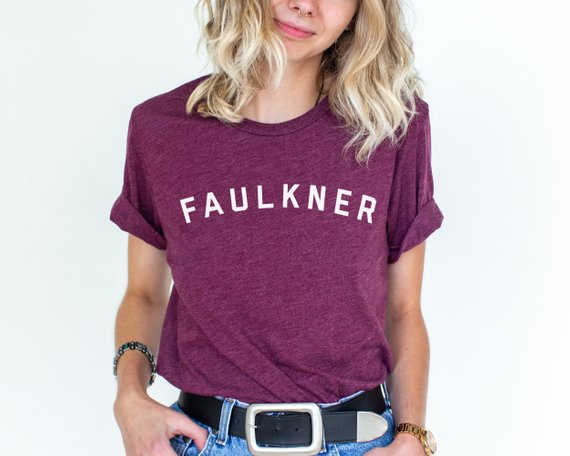
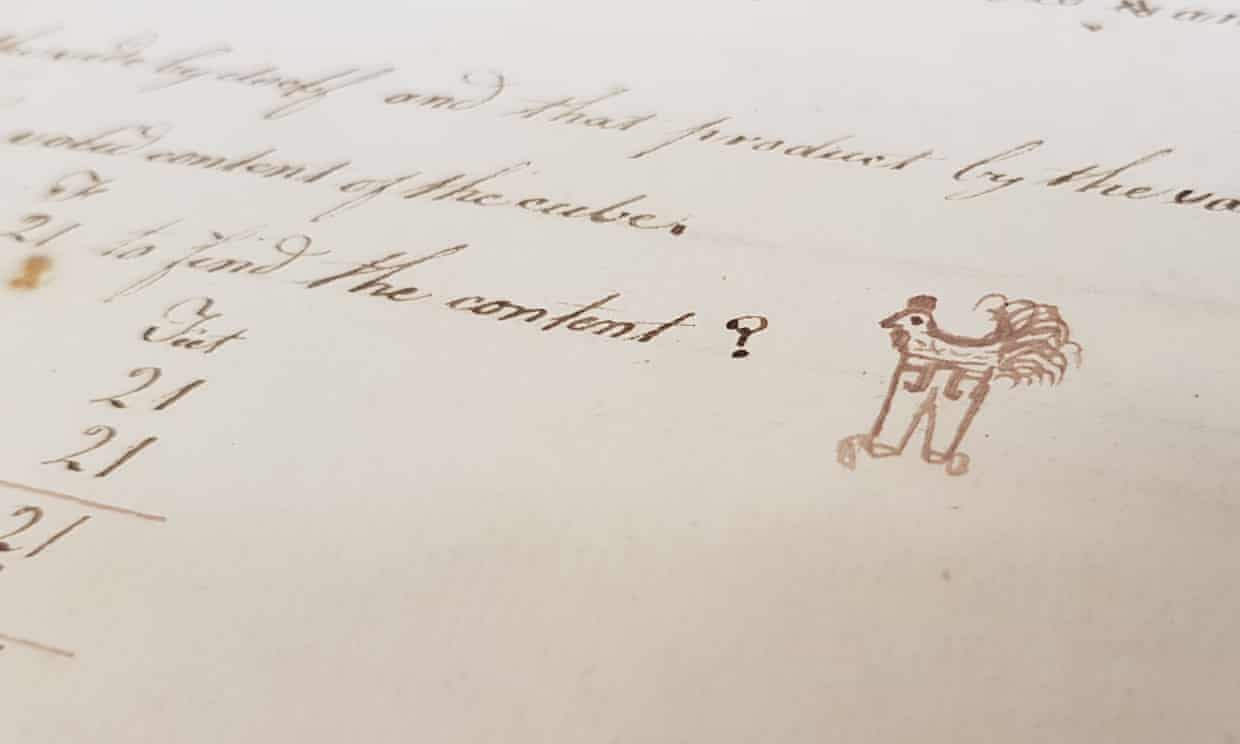
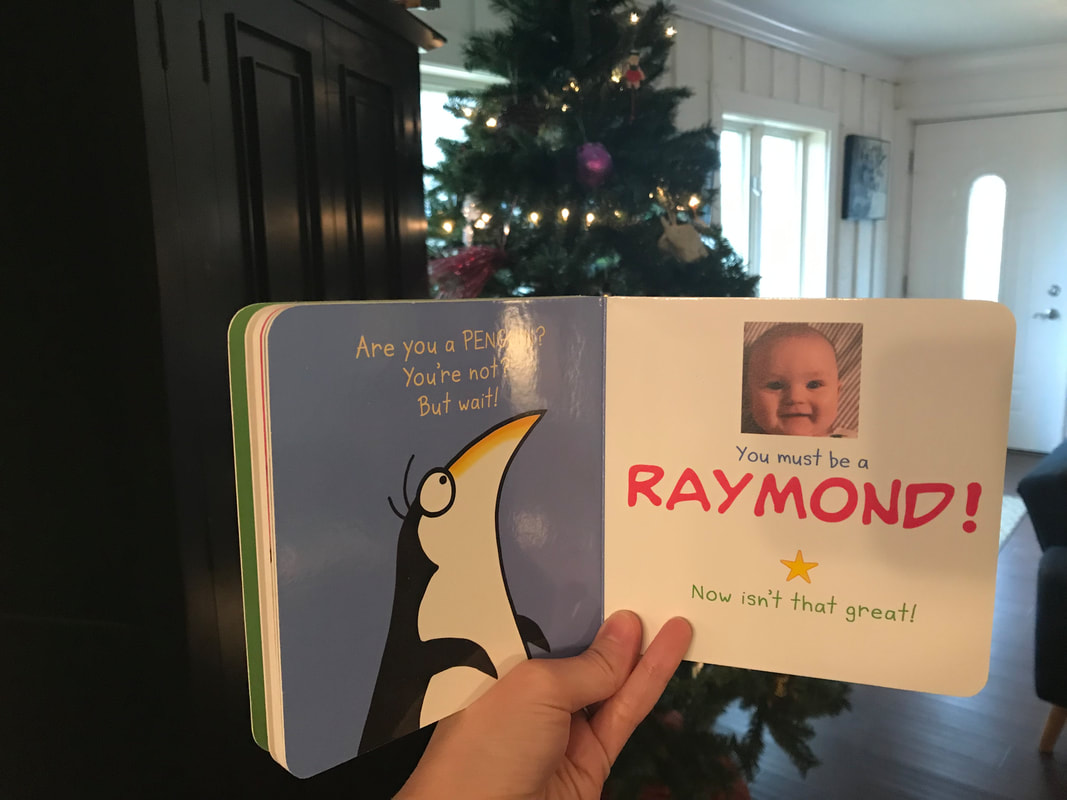
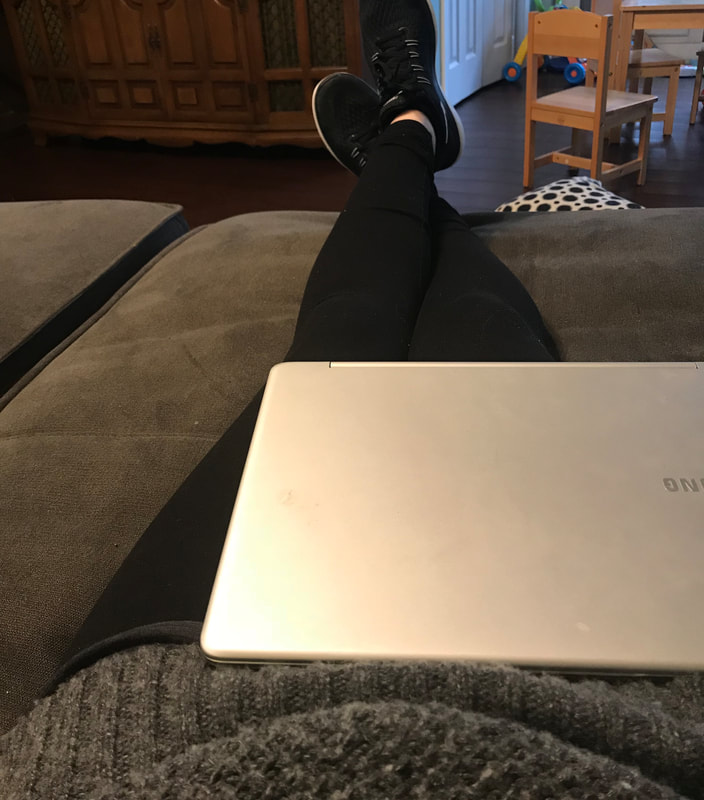
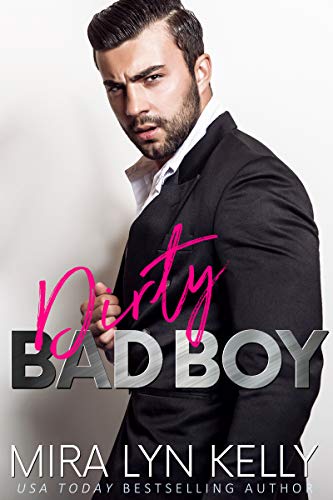
 RSS Feed
RSS Feed
